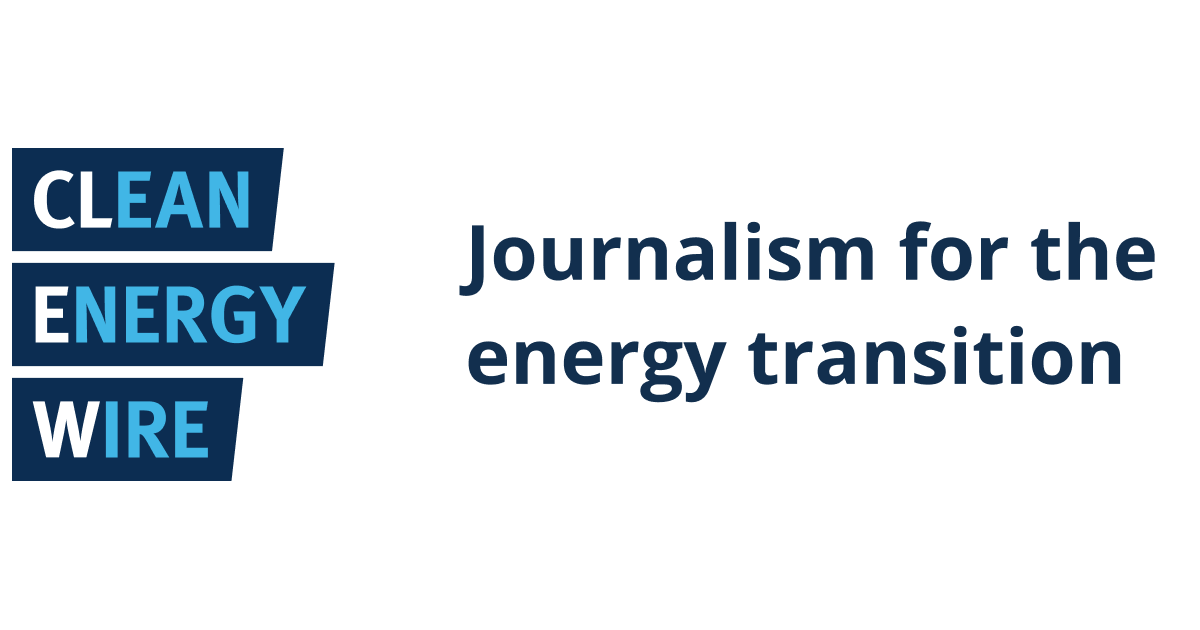The Future of Truck Electrification in Germany: A Shift Towards Battery-Electric Models
Key Ideas
- German Institute for Economic Research (DIW) report highlights the increasing market share and viability of battery-electric trucks over hydrogen fuel cell models in Germany.
- Private investment in truck charging infrastructure is on the rise, with a recommendation for government support for fast-charging points to further boost the adoption of battery-electric trucks.
- Efficiency concerns are raised regarding hydrogen alternatives, with calls for regulatory changes to reflect the disparity between battery-electric and hydrogen technologies.
- Forecasts suggest a potential shift for all new trucks in Germany to be battery-electric by 2035 with adequate investment in charging infrastructure, while environmental groups advocate for more rail investment to reduce emissions.
A recent report by the German Institute for Economic Research (DIW) in collaboration with other institutions sheds light on the transition towards electrification in the trucking sector in Germany. The report emphasizes the growing market presence and favorable market forces for battery-electric trucks compared to hydrogen fuel cell models, which are almost non-existent in the country. While battery-electric truck adoption is slowly increasing, there is a stark contrast with the minimal market share of hydrogen trucks.
Truck electrification is seen as a crucial step in reducing emissions, especially in the freight transport sector, where trucks significantly contribute to greenhouse gas emissions in Germany. The report underscores the need for continued government support for fast-charging infrastructure to accelerate the deployment of battery-electric trucks.
Efficiency concerns are raised regarding hydrogen technology, with researchers advocating for regulatory adjustments to acknowledge the superior efficiency of battery-electric models. The discussion also touches on the importance of clear communication from policymakers to provide certainty to manufacturers and operators investing in the transition.
Looking ahead, projections indicate a potential scenario where all new trucks in Germany could be battery-electric by 2035 if the necessary investments in charging infrastructure are made. However, there are contrasting views on the allocation of resources, with environmental organizations criticizing the emphasis on road infrastructure over rail, which they argue could be a more effective means of emissions reduction in the long term.
Topics
Investing
Market Trends
Transport Sector
Infrastructure Investment
Emissions Reduction
Public Policy
Truck Electrification
Latest News
